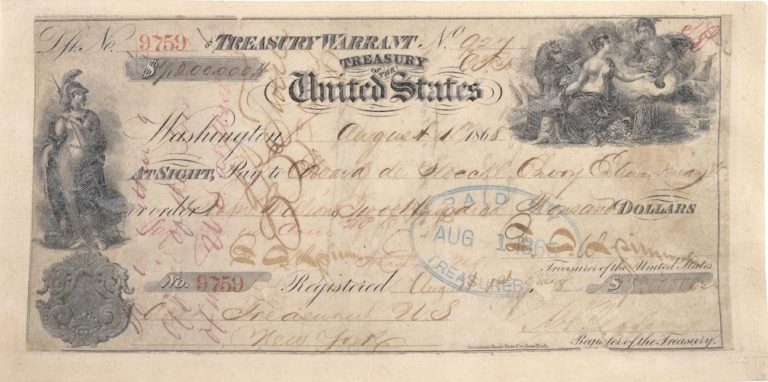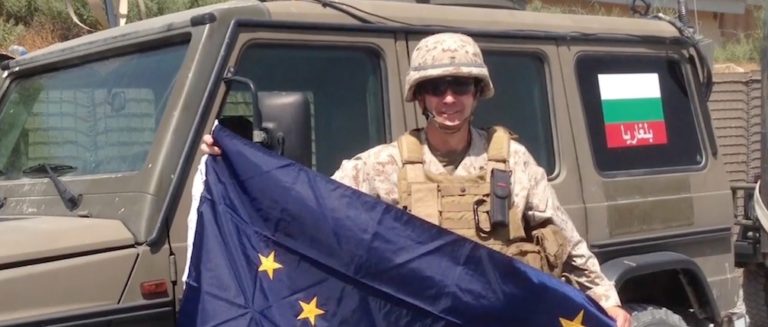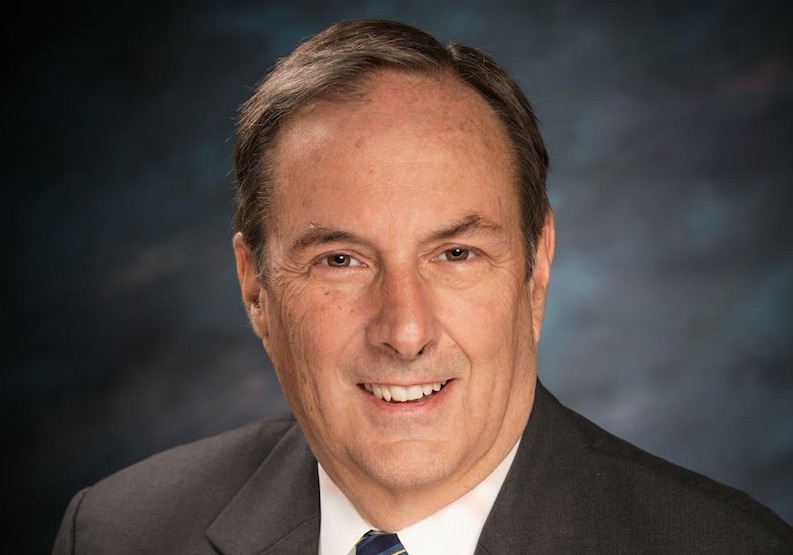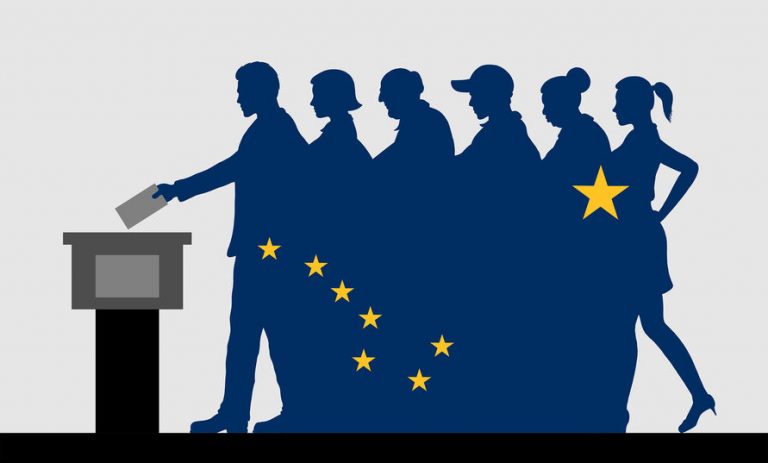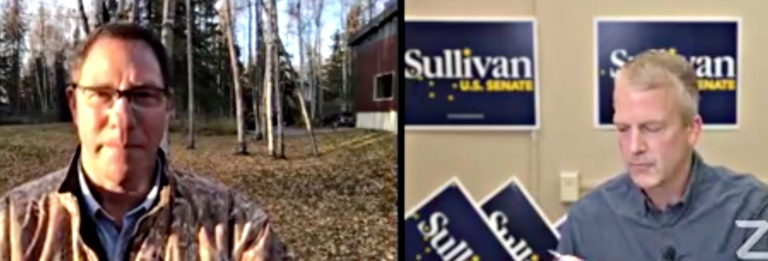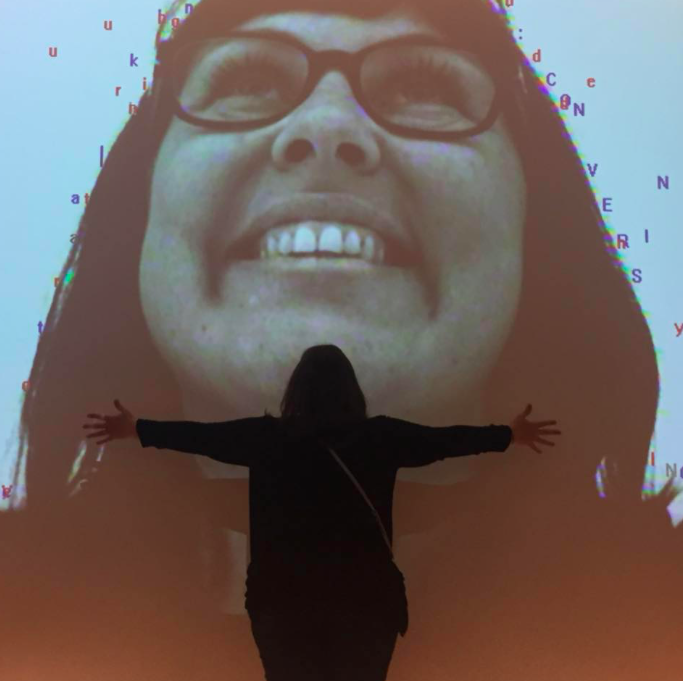WHAT IF THE RUSSIANS HAD SOLD IT TO CANADA?
By MURRAY WALSH
It is good to have an Alaska Day. There are lots of ways to contemplate the origins of our state and if you dabble in a brand of adventure fiction called alternative history, some interesting possibilities arise. Let’s look at one of them.
One of the most expected questions, when young people are learning about Alaska for the first time, is “why didn’t Russia sell it to the British?” I’ll bet a few adults ask too. The obvious answer is that the Russians and the Brits had just recently (1853-1856) fought the Crimean War. Russia is generally considered to have lost that war and they were still plenty mad about it at the time of the 1867 Alaska purchase agreement.
The Russians really needed the money, too. A million lives were lost in the 30-month long Crimean War and it was regarded as “notoriously incompetent international butchery.”[1] I could go on about that conflict and what it meant for European history for the rest of the century, but what if Russia had not been so desperate for the money?
A couple of other ideas arise. One possibility is that Canada, still under British control (Canada did not achieve full independence until 1982) could have invaded Alaska with the Queen’s blessing. I am a little surprised, in fact, that Britain didn’t goad Canada into giving it a try while the Crimean War was still raging, as a way to divide Russia’s military attention. It would be interesting to see if any such prodding did happen and the Canadians were just too damn polite to conquer a place that arguably should belong to them.
It’s not like Canada didn’t know about the existence of Alaska. For centuries there was contact, trade, and yes, conflict, between tribes of Alaska Natives and “bands” of aboriginals in what is now the Yukon and British Columbia. In the mid-1800s, the settlement that would become Vancouver, B.C. existed and the area blossomed when 25,000 gold miners arrived to work the banks of the Fraser River in 1858.
Canada could have raised an army sufficient to the task. Wikipedia tells us that there were about 700 Russians stationed in Alaska to carry out the fur and fish trade. They would not have been well armed or trained for warfare.
Wikipedia also tells us that the population of Canada in 1867 was 3,000,000. Surely it would not have been too hard to raise just a couple of battalions of seasoned hunters and outdoorsmen to do the job. In fact, according Wikipedia, the Russians feared such an invasion:
“Grand Duke Konstantin, a younger brother of the Tsar, began to press for the handover of Russian America to the United States in 1857. In a memorandum to Foreign Minister Alexander Gorchakov he stated that ‘we must not deceive ourselves and must foresee that the United States, aiming constantly to round out their possessions and desiring to dominate undividedly the whole of North America will take the afore-mentioned colonies from us and we shall not be able to regain them.’”
So, the Russians thought the USA might just snatch up Alaska anyway. In 1857, the Russians would have known about American capacity for war and apparent willingness to fight on the southern side of the continent. The two recent unpleasant interactions with Britain would have still be fresh in the national memory.
I will leave it to the MRAK military writing staff to speculate just how Canada would probably have done it and jump to the present day to think about what it could mean down the years. I’ll bet a Canadian Alaska province would not look all that different from where we are today. There would be a greater interest in hockey, more insufferable-to-watch soccer on TV, and the Alaska Highway (then called the Al-Can) would still have had to be built.
I don’t think the making and drinking of beer would be any different and I’d like to think that relations between Natives and non-Natives would be about the same. The names of political positions and institutions would be more confusing but the aspirations for fair dealing would be the same.
One big difference would be the Canadian national health care system. I don’t think we would like that very much. I also don’t think we would like our fisheries to be managed almost entirely the federal government.
Overall, though, the USA and Canada share so much descended-from-England culture, mores, and language, that the separation of Alaska from Russia by Canada would have resulted pretty much in what we see today. But the biggest difference, in terms of historic remembrance, is that we would be celebrating Alaska Day as Independence Day instead of Real Estate Transaction Day.
[1] Troubetzkoy, Alexis S. (2006). A Brief History of the Crimean War.
Murray Walsh is part of the extended MRAK writing staff in Juneau.
